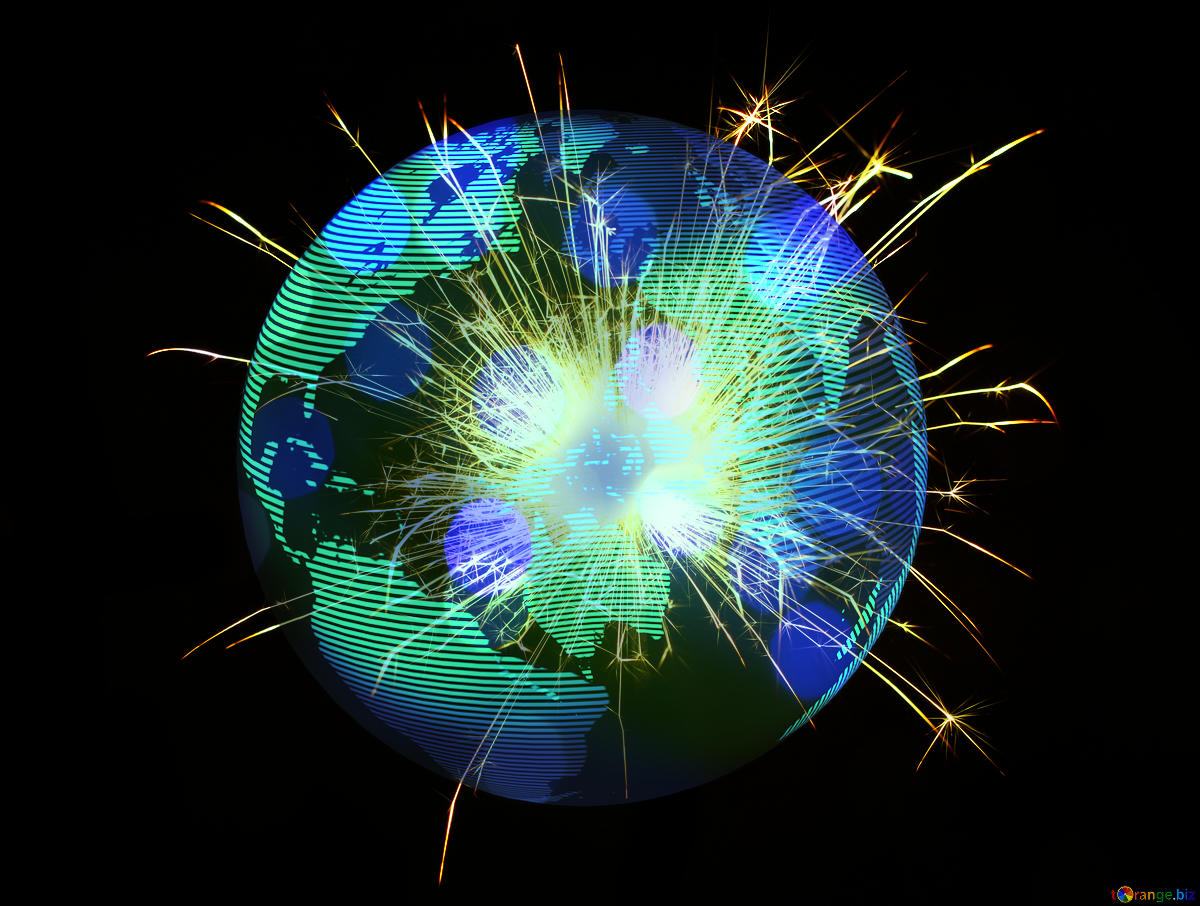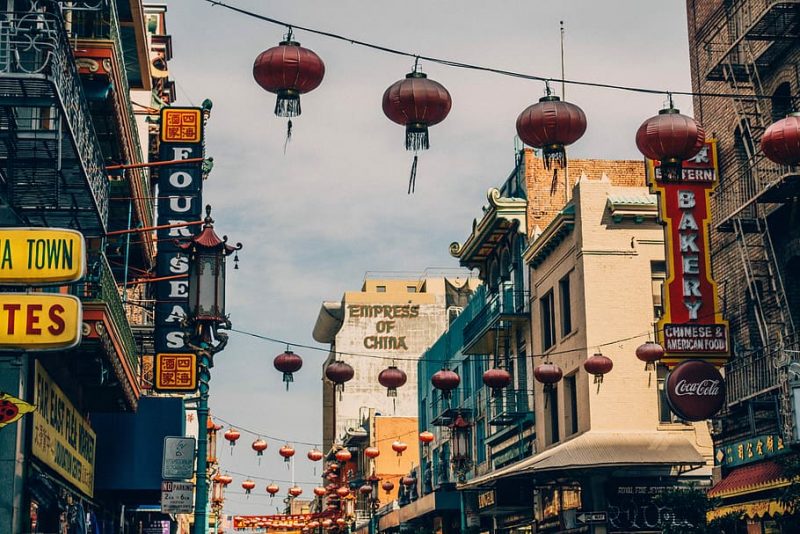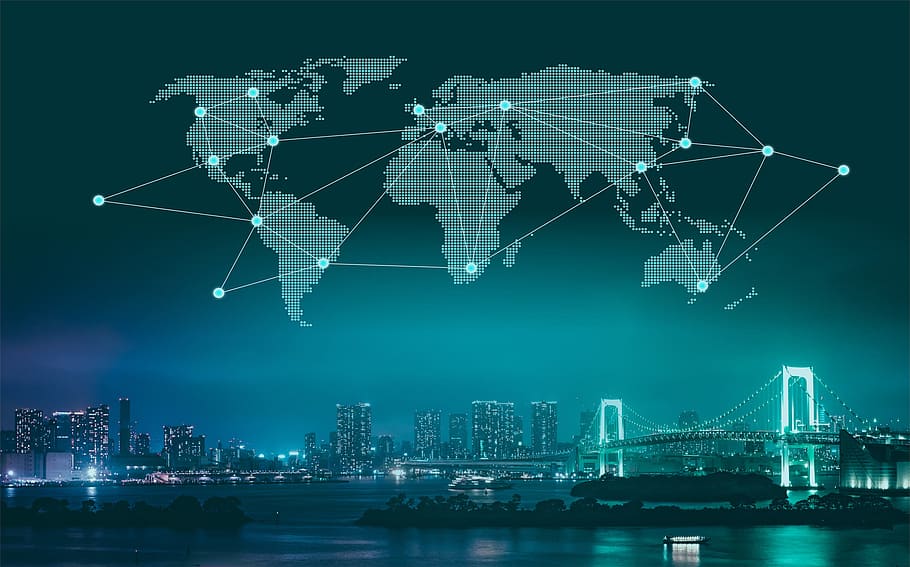In September 2019, US President Donald Trump made striking statements in a speech at the United Nations General Assembly; “The future does not belong to globalists, the future belongs to patriots. The future belongs to sovereign and independent nations who protect their citizens, respect their neighbors, and honor the differences that make each country special and unique. Globalism exerted a religious pull over past leaders, causing them to ignore their own national interests. But those days are over.”
WHICH GLOBALIZATION IS COMING TO ITS END AND NATION-STATE IS RISING?
Two intertwined subjects feature prominently among post-pandemic world predictions; The end of globalization and the rise of nation-states.
Behind these headlines lies the desperate situation that the Western world has fallen into, the European Union’s accelerating shift away from the United States, and EU countries’ transformation towards statist practices in the face of this boggling economic crisis.
While these predictions are essentially inevitable, analyzing them and their impact correctly requires closer attention.
Until now, as Trump’s continued to make anti-globalization statements, China has further adopted the rhetoric of a global system. This confusing situation had begun to clarify with the Coronavirus pandemic; In parallel with China’s increasing influences on the global market and trade routes, including the Belt and Road Initiative, we are witnessing traditional Atlantic forces, who had lost the control over the globalization, returning to the “statist” and “isolationist” policies.
Given the situation, we can say that it is not globalization that is ending, but the domination of the West over globalization.
Today it is clear that the Western countries have lost their ability to impose their own rules and interests on the global fault lines of economics, politics, and culture, as they did in the past. Globalization has become a threat for the Atlantic civilization, as Trump and other Western leaders have shown in their efforts, such as raising trade barriers.

“RETURNING TO THE NATION-STATE”
Following the devastation of the Coronavirus pandemic, Western countries are initiating a return to the social state and the statism, as was made clear in French President Emmanuel Macron’s “social state” comments and German Economy Minister Altmaier’s remarks about “publicization”.
It would be more than safe to say that these signals are not coming from the western rulers’ love and passion towards their citizens, but from concerns about the rising influence of Asia, and particularly China.
In other words, it would be wrong to evaluate these practices of statism and the social state among the imperialist countries such as the United States, France, and Germany, as a true return to the “nation-state”. The main goal of these actions is reducing pressure domestically in light of rising economic crisis. It also concerns searching for new methods to protect imperialist interests internationally.
Moreover, the United States and Germany are not nation-states, but imperialist states, both in terms of their administrative, political, and social structures.
France lost its nation-state status in the early 80s under “socialist” leader François Mitterand when extreme “decentralization” was taking place in the country’s administrative sphere, while neoliberal policies prevailed in the economy, and the last remnants of the 1789 Revolution were crushed.
If an example should be given for a returning to the “nation state” in the post-pandemic era, it cannot be given within the imperialist Western countries, but from Turkey, who had not even achieved their national democratic revolution, and from similar countries.
The ongoing conflict between the state and its citizens in Europe will intensify further after the pandemic. Rebelion by the Yellow Vests in France and other uprisings from the people’s movements in Greece, Italy, and Spain seem likely.
Under these circumstances, maintaining the state structures of the imperialist countries in Europe in the name of “returning to the nation-states”, means blocking the people’s progressive movements.
To put it more clearly, the events in Europe do not signal a return to the nation-state, rather imperialist countries are striving to restore capitalist domination through statist policies.
We are going through a process where the established order is crumbling and being replaced with a new order. As the time moves on, new controversies will undoubtedly appear before us.
The controversy over China, which is in favor of the continuation of globalization but in different structures, and the Western countries, turning to statism to restore the old order, will be the central contradiction of the coming period.

Wallpaper flare
GLOBALIZATION IN THE MULTIPOLAR WORLD
In the rising New World, exchanges between the states and the people will continue to evolve.
Just as the Silk Road has continued to function and expand to the present; the states, nations and peoples of the New World will continue to use the commercial, political and cultural roads of trade and exchanges which were carved during the Ancien Régime.
We will likely witness the developments of new belts similar to the Belt and Road Initiative, and an expansion of existing “global” networks.
It will be more efficient to seek answers regarding what laws and traditions will govern these new roads, and what kind of unions and alliances can be created in this process, instead of trying to figure a way to close or stay from these paths.
We are on the verge of a transition from unipolar globalization, which had been used as a cover for the imperialism, to multipolar globalization (in the coming period, this process will likely get a new term other than globalization assigned to it in order to avoid the discomfort of this one’s historical use) that will pave the ways for the humanity to make great leaps, if managed correctly.
As the Walls of the Atlantic are falling down, humanity has begun a difficult, but hopeful process of building something new.

















Leave a Reply